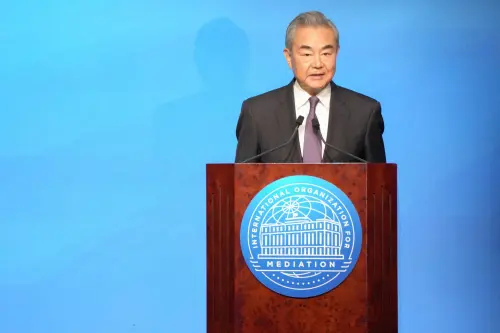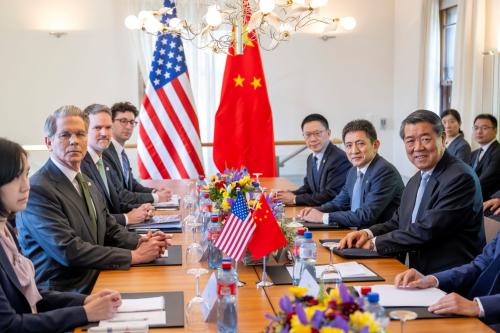

9:30 am EDT - 10:30 am EDT
Past Event
Rising food insecurity presents one of the most urgent global challenges today. With the combined pressures of climate change, population growth, and continued impacts of Russia’s war in Ukraine, the need is only escalating for countries to increase agricultural production and expand access to nutritious food. The United States and China rank among the world’s top food importers and exporters. Leaders in both countries have spoken about the importance of food security, both domestically and internationally, and identified agriculture and food security as an area for cooperation. Can climate-smart agriculture—a concept that includes reducing food-related greenhouse gas emissions, adapting agriculture to climate change, and increasing agricultural production in the face of the climate crisis—serve as a catalyst for cooperation?
As part of their joint project, Advancing Collaboration in an Era of Strategic Competition, Brookings and the Center for Strategic and International Studies co-hosted a public panel discussion on Tuesday, May 21, to unpack the opportunities and challenges presented by U.S.-China collaboration to address global food insecurity. Audience Q&A followed the moderated discussion. Viewers submitted questions by emailing [email protected] and via Twitter @BrookingsFP using #USChina.
In Partnership With

Panelists

Moderator


Landry Signé
July 8, 2025

Yun Sun
June 6, 2025

Ryan Hass
May 30, 2025